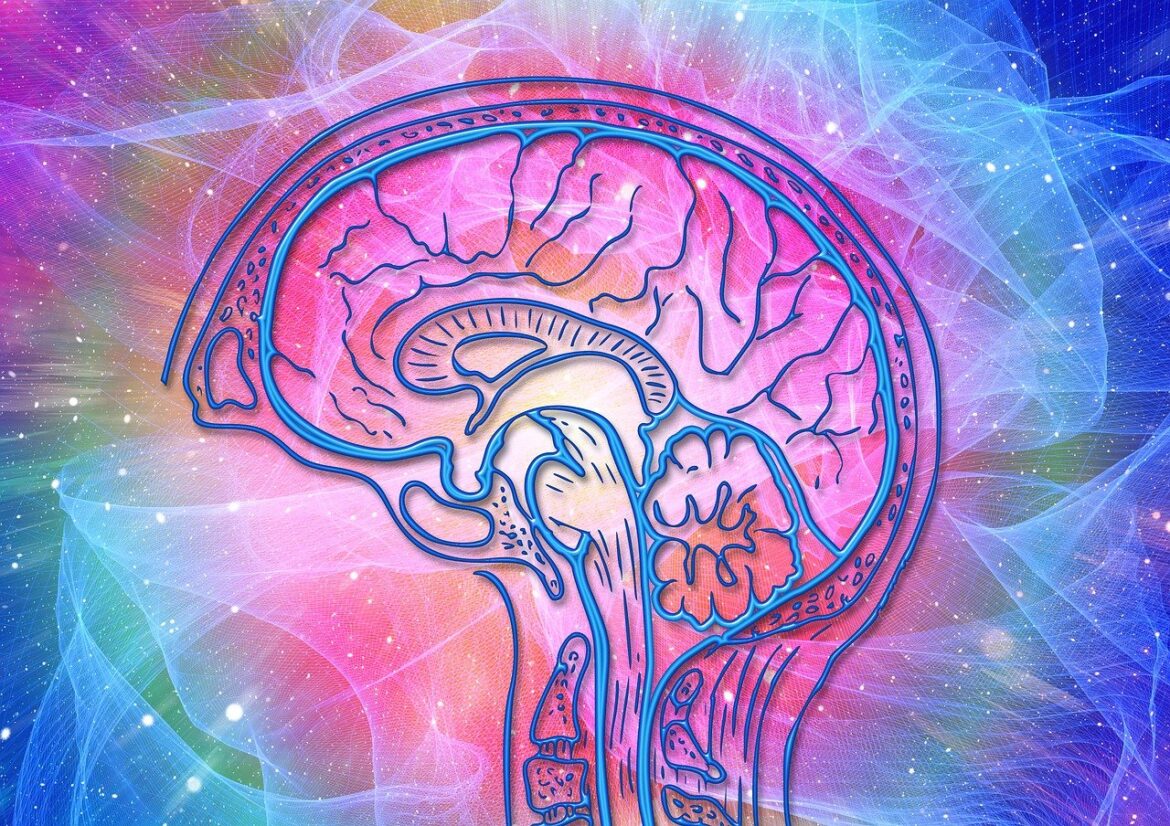
DBT
Dialectical Behavior Therapy (DBT) is a specialized form of cognitive-behavioral therapy developed by Dr. Marsha M. Linehan in the late 1980s. It was initially designed to help individuals with borderline personality disorder (BPD), but it has since been adapted to treat various other mental health conditions characterized by emotional dysregulation and difficulty in managing intense emotions.
DBT is rooted in the dialectical philosophy, which emphasizes the balance between acceptance and change. It operates on the premise that individuals can both accept their current circumstances and work towards improving them. The therapy is structured into four core modules:
- Mindfulness: This module teaches individuals to become more aware of their thoughts, emotions, and sensations in the present moment without judgment. It is a foundational skill in DBT that helps clients manage overwhelming emotions.
- Distress Tolerance: Here, individuals learn techniques to tolerate and survive distressing situations without resorting to self-destructive behaviors. These skills help prevent impulsive actions during emotional crises.
- Emotion Regulation: This module focuses on helping individuals identify and regulate their emotions effectively. Clients learn to recognize and modify unhealthy emotional patterns.
- Interpersonal Effectiveness: DBT teaches assertiveness and communication skills to improve relationships and navigate social interactions more skillfully.
DBT has proven highly effective not only for individuals with BPD but also for those struggling with conditions like eating disorders, substance abuse, and post-traumatic stress disorder. It offers a comprehensive framework for enhancing emotional resilience, reducing self-destructive behaviors, and improving overall quality of life. DBT’s emphasis on validation and skill-building makes it a valuable tool in the field of mental health therapy.
In DBT, we learn to balance acceptance and change, allowing us to find peace amid life’s challenges – Marsha M. Linehan
